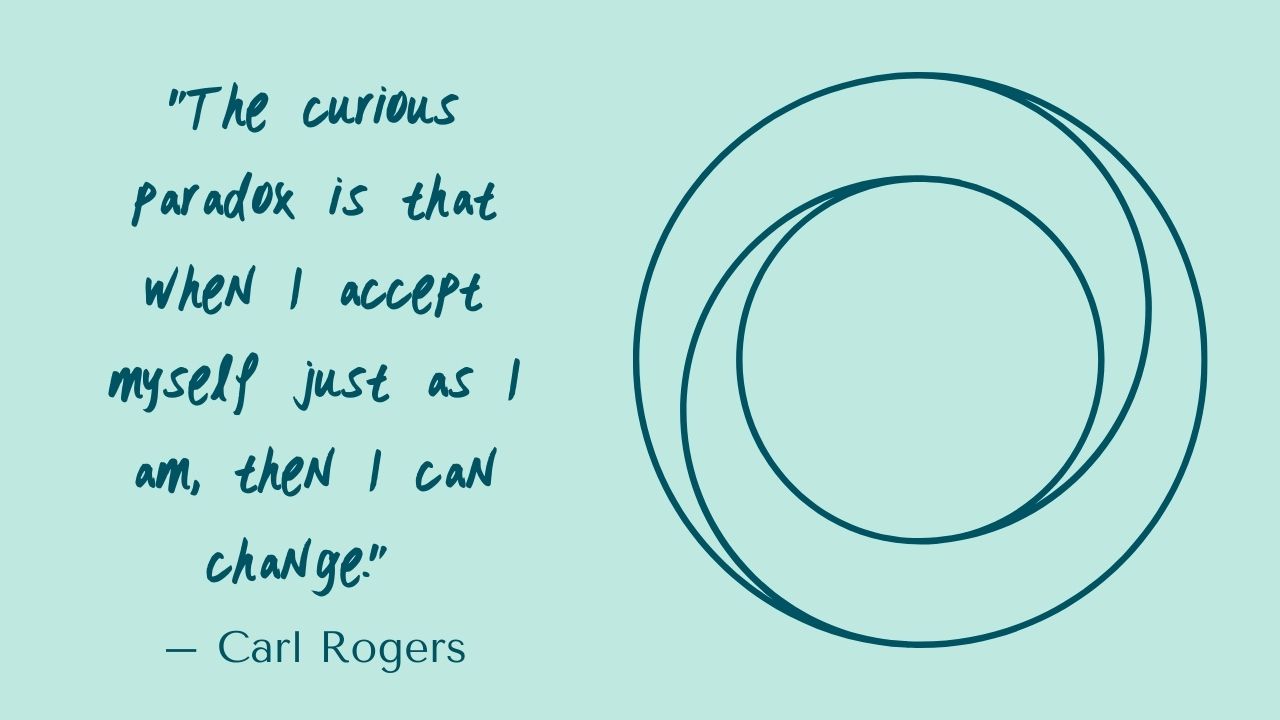Finding Balance: Intuitive vs Productivity-Driven Health
Apr 14, 2025
Health is not an ever-elusive hack we're all questing for, armed with our smartwatches, biohacking trends, and a nagging sense of inadequacy. Today, we're bombarded with two seemingly opposing philosophies: Intuitive Health and Productivity-Driven Health. One whispers, "Listen to your body," while the other screams, "Crush your goals!" So, how do we strike a balance without losing our sanity? Let's dive in, shall we?
The Productivity-Driven Health Hamster Wheel
First, let's address the elephant (or should I say hamster?) in the room: Productivity-Driven Health. This approach treats health like a checklist—steps walked, calories burned, hours slept—all meticulously tracked and optimized. It's health turned into a performance metric, and boy, does it come with its own set of pitfalls.
The Dark Side of Productivity-Driven Health
- Perfectionism and Overcontrol: When health becomes another arena for perfectionism, we risk falling into the trap of overcontrol. This rigidity can lead to social isolation and, ironically, poorer health outcomes.
- Stress and Burnout: Ever tried to meditate "perfectly"? Or turned exercise into a grueling punishment rather than something enjoyable? Yeah, turns out, chasing peak health like it's a corporate deadline just leads to burnout.
- The "Never Enough" Mentality: Productivity culture thrives on the idea that you could always be doing more. More movement. More hydration. More biohacking. More wellness trends that seem eerily close to disordered eating in disguise.
Productivity-driven health can quickly morph into a stress-fueled obsession. And, spoiler alert: chronic stress isn't great for your health. Turns out, feeling like you're in a constant performance review with your own body isn't exactly wellness.
Why High Achievers Are Especially Vulnerable to Wellness Traps
If you’re someone who excels at work, thrives on goals, and secretly enjoys color-coding your calendar, congratulations! You are also statistically more likely to turn wellness into a hyper-controlled project.
High-achievers often approach health the same way they approach their careers: as something to optimize. The problem? Your body is not a startup, and you can’t "10x" your metabolism with sheer willpower. The same drive that makes high achievers successful in their careers can lead them into obsessive patterns when it comes to wellness.
- Achievement-Oriented Thinking: If success means hitting your KPIs at work, it’s easy to apply the same mentality to health—measuring progress by weight loss, fitness milestones, or how many superfoods you can blend into one smoothie.
- Social Validation: When productivity-driven health habits are praised ("Wow, you're so disciplined!"), it reinforces the idea that more control equals better health. But external validation shouldn’t dictate self-care.
- Fear of "Failure": For high achievers, the idea of not following a structured wellness plan can feel like failing at health itself. Spoiler: that’s not how health works.
The Siren Call of Intuitive Health
On the flip side, Intuitive Health beckons us to tune into our body's signals, eat when we're hungry, rest when we're tired—a harmonious dance with our physiology. Sounds idyllic, right? But beware, even this well-intentioned approach has its challenges.
The Challenges of Intuitive Health
- Unlearning External Rules: We live in a world that profits off telling us what, when, and how to eat and move. Dismantling those beliefs takes time and effort.
- Trusting Your Body (After Years of Ignoring It): If you've spent years overriding your body's hunger cues or pushing past exhaustion, trusting your body's signals again can feel... tricky.
- Fear of "Doing It Wrong": Ironically, some people turn intuitive health into another perfectionist project, worrying about whether they're "intuiting" correctly. Spoiler alert: There’s no pass/fail grade here.
Critical Thinking, Media Literacy & Social Media’s Role in Health Anxiety
A fun fact about social media: it has no incentive to give you balanced, nuanced health advice. Viral content thrives on extremes. If you're scrolling Instagram or TikTok for wellness tips, you’ll likely see conflicting information:
- "Intermittent fasting is the key to longevity!"
- "Eat six times a day to keep your metabolism active!"
- "Dairy is inflammatory!"
- "Greek yogurt is a superfood!"
So, which is true? The answer: it depends on the person.
How to Apply Critical Thinking to Health Advice:
- Who is giving this advice? A registered dietitian? A self-proclaimed "wellness guru" with zero credentials?
- What is their incentive? Are they trying to sell you a program, supplement, or fancy detox?
- Does it sound too good (or too scary) to be true? If the advice relies on fear-mongering or promises instant results, be skeptical.
Even this blog? You should question it too. Because ultimately, you are the best authority on your body.
The Middle Path: Mindfulness and Self-Compassion
So, how do we navigate between these extremes? The answer lies in cultivating mindfulness and self-compassion.
Mindfulness: Observing Without Judgment
Mindfulness isn’t just about sitting on a cushion and breathing deeply while trying not to think about your to-do list. It’s about developing awareness of your body’s signals without immediately reacting to them with self-judgment.
- Pause Before Reacting: When you feel the urge to track, optimize, or push through exhaustion, pause. What’s really happening in your body?
- Practice Gentle Awareness: Notice thoughts like "I should be working out harder" or "I shouldn’t be hungry right now." Observe them, but don’t let them dictate your actions.
- Use Sensory Grounding: Engage your senses to stay present—what does your food actually taste like? What does stretching actually feel like?
Self-Compassion: The Antidote to Toxic Productivity
- Talk to Yourself Like You Would a Friend: Would you shame your best friend for skipping a workout because they were exhausted? No? Then why do it to yourself?
- Redefine Success: Instead of thinking "Did I burn enough calories?", try "Did I care for myself today in a way that felt good?"
Pop Culture: Kristen Bell’s Approach to Mental Health & Wellness
Kristen Bell has been vocal about her journey with mental health and self-care. Instead of chasing perfection, she openly discusses the importance of therapy, medication when needed, and rejecting wellness trends that make unrealistic promises. Bell’s approach? Balance, self-compassion, and doing what actually feels good rather than what social media says should feel good. @kristenanniebell
Remember This:
- Balance is Key: Strive for a harmonious approach that incorporates both intuitive and structured health practices.
- Cultivate Critical Thinking: Question wellness trends, influencers, and even expert advice.
- Embrace Self-Compassion: Health isn’t a test; it’s an ongoing relationship with yourself.
- Seek Professional Support: When in doubt, consult a licensed professional rather than the latest TikTok trend.
By integrating these strategies and resources, you can foster a healthier relationship with your well-being, steering clear of the extremes and finding a balanced path that suits your unique journey.
Your health is a personal journey, not a competition. Embrace the process with kindness, curiosity, and a dash of humor.
More:
- March Towards Mindfulness - 2025
- February Self Care - 2025
- So, How Do You Actually Decide What’s Reasonable for Yourself in a World Obsessed with Diets? - January 2025
- Forget New Year’s Resolutions: Build a Life You Actually Like, Year After Year - January 2025
- Joyful January Self Care - 2025
- Psychology Today
- Verywell Mind



